On the one hand, political ganging up and enforcing one socioeconomic political view alienates others and, on the other hand, human rights and dignity of life continue to be undervalued in these counterattacks and political rebuttals.
The world is still reeling from the massive mortality and setbacks of the COVID-19 pandemic and the ongoing political invasion and violence between Nation states. Polarized geopolitics has steered us in a dismal direction. Added to this, natural and human-made emergencies are creating further uncertainties.
We would have thought that the pandemic would have enabled the international community to be far better at preventing and responding to these disasters. Sadly, this is not the case. The world remains polarized and divided along ideology, political allegiance still. On the one hand, political ganging up and enforcing one socioeconomic political view alienates others and, on the other hand, human rights and dignity of life continue to be undervalued in these counterattacks and political rebuttals. Children, women, and vulnerable people are suffering the most. It is estimated that 274 million people worldwide need humanitarian support (Mbeynwe 2023).
Our commentary is an effort to underscore what mental health researchers and public health specialists know about massive traumatic events and their reverberating effects.
Humanitarian crisis and urgent emergency intervention and relief
What needs to be done to prevent and respond to the efforts have to be directed now towards stopping the raids and attacks as well as mobilizing funds and services for managing the humanitarian crisis in these countries alluded to above. Of extreme urgency is the need to restore some structure in the countries devastated by conflict to allow people to begin to pick up their lives. This is also important for countries troubled by the extreme weather and climate change events and or devastated by the natural disasters (which are also a manifestation of a disturbed natural and geophysical environment). WASH programs, electricity, food security, and health services need prioritization.
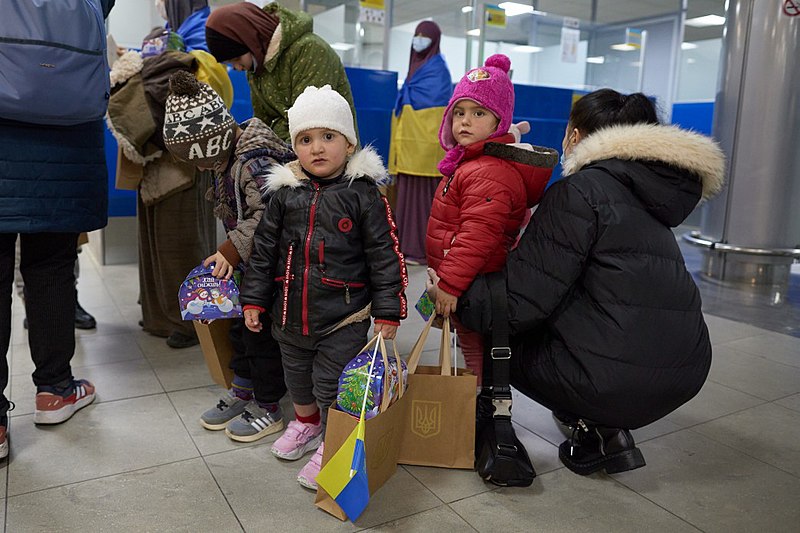
Protection of vulnerable populations including children, pregnant women, disabled and sick individuals, and those hospitalized need urgent support (Homer 2022). The protection of civil liberties and rights of these individuals also needs to be overseen and protected. Sub-populations that are additionally vulnerable include individuals with mental, psychosocial, substance use, neurological, and other physical disabilities, orphaned children, pregnant and parenting youth and also include LGBTQIA+ populations, incarcerated individuals in prisons, and such groups who need timely assistance.
Collective trauma and why we must not stir embers of hatred
One of the most remarkable responses we saw in Ukraine was civil combatants who came forward to fight for National pride and dignity. The drawback of this otherwise courageous stance is that it will likely lead to increased militarization including access to arms and subsequent exposure to violence in youth; the exposure to PTSD and other mental disturbances will also likely increase (Bryant et al 2022). It will be important to work on the agenda toward a peaceful resolution so that youth militarization and radicalization do not take siege in post-invasion countries. Countries defending violence and raising armed battles are also experiencing military and political losses and internal stresses. Their own collective trauma is likely to be stirred, and, with the political isolation, shaming is likely to carry an impact on its own.
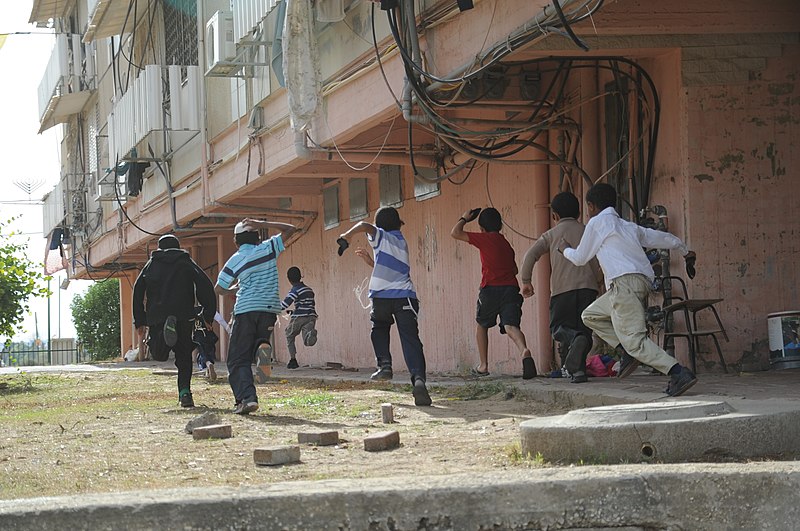
While the urgency is much more in making timely and urgent interventions in places decimated by war and armed action, there will also be losses to consider for countries waging war. It will be important to address the crises keeping peace, hope, resilience, and dialogue in mind. Providing access to arms, bypassing agreed global protocols and UN Security Council resolutions, and intervening without a mandate will create more chaos and hatred.
Trauma and its discontents
Post-traumatic stress and massive social trauma or collective trauma have very complex intrapsychic, interpersonal, and political signatures. It takes time to shape and, even though not everyone directly impacted develops PTSD, it can impact those who are even indirectly exposed to the event. Individuals across the world who may have been exposed to traumas are likely to feel the distress associated with this developing situation―which can not only lead to a rise in depression, substance use, anxiety but also loss of hope and calm across the globe. But these are indirect impacts of being part of unstable and disturbed world. PTSD can be delayed, complex, and protracted―and take time to shape into depressive, and anxiety presentations and can manifest in a multifaceted disorder complex almost including substance use, psychoses, dissociation, and triggers of interpersonal violence, and we are likely to find higher instances of intimate partner violence targeting women and domestic abuse of children and youth.
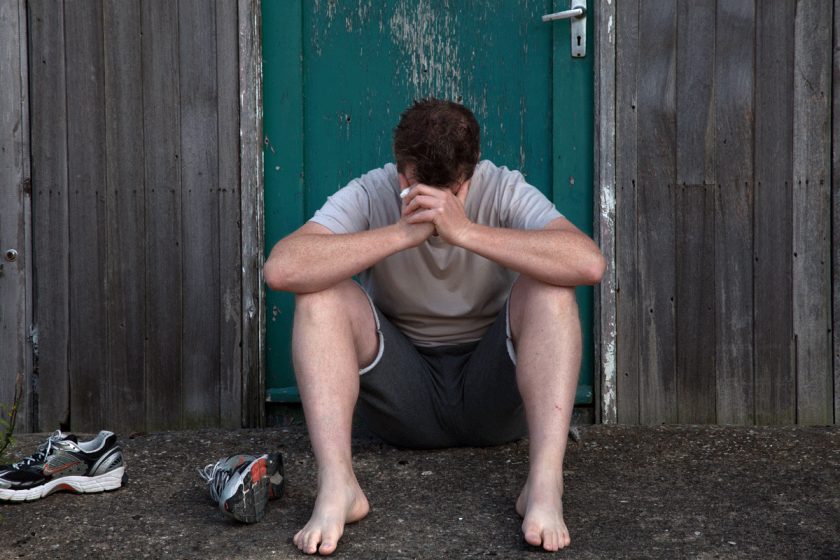
All these psychological and social manifestations of distress need addressing in relief and mitigation efforts. We want to underscore how these traumatic events can impact children and young people disturbing self of safety, attachments to sleep, learning, peer engagement, participation in recreational activities to extreme worries and sadness seen in mental disturbances. These efforts need to be coordinated across agencies with a focus on multilevel interventions (Bürgin et al 2022). It has been noted that countries currently broken down by war already carry a high burden of common mental disorders including substance use, depression, and anxiety; and these crises will see a rise in the overall morbidity and mortality associated with mental, substance use, and neurological disorders and reviewing this burden would be important for further development of emergency and long-term assistance programs (Kunz et al 2022, Spiegel et al 2024).
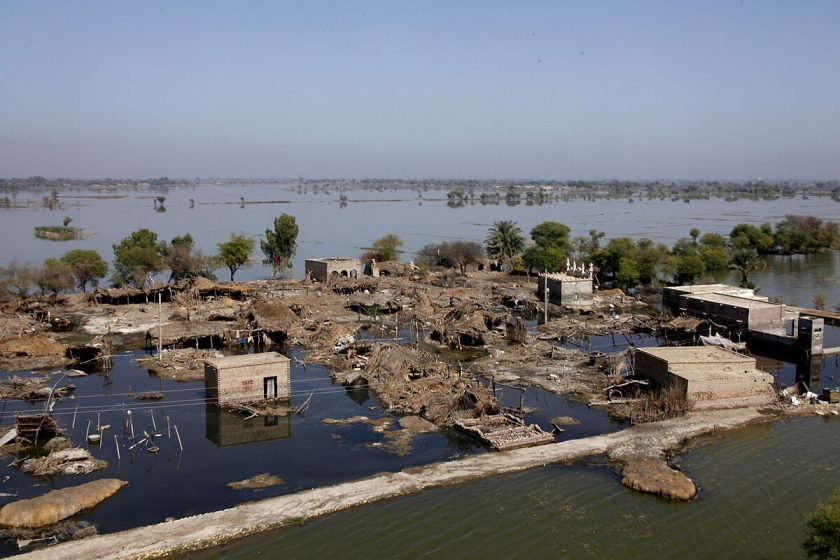
The economic costs of conflicts and humanitarian emergencies are enormous. A new study found that Ukraine will lose about 120 billion USD in GDP, and it is estimated to lose USD 1 trillion in capital stock by 2026. As global cooperation and collaboration in such events is massive, countries involved in supporting Ukraine face output losses of about USD 250 billion, and 70 billion USD from this are borne by the EU (Federle et al 2024). This study also underscores that there are large negative effects also for countries that are geographically close to the war site, irrespective of their participation in the war. The total natural disaster loss for 2023 is estimated to be over 250 billion USD (UNDRR, 2024). There are also human health, including mental health, costs associated with both conflicts, natural disasters, and climate change which have not been fully estimated (Carpiniello, 2023; Kumar et al 2023).
Massive social trauma is intergenerational and multidimensional
The effects of the exodus of the fleeing internally displaced and refugee populations, the deaths and decimation of their country will be felt by generations. The children who will grow up to be part of this population in exile will continue to struggle with intergenerational trauma and need to fit into the “host society”, and deal with identity and historical losses. People and armed forces in countries that have initiated military action are not immune from these effects. The fatalities, albeit much less than in those countries in whom armed action is initiated damage to armed forces, and more importantly, political, and economic sanctions, and alienation is a reprimand to its populace than the leadership. Preparations for how the intergenerational impacts will be dealt with will be critical to long-term recovery (Hirschberger 2018).
Political order and global leadership
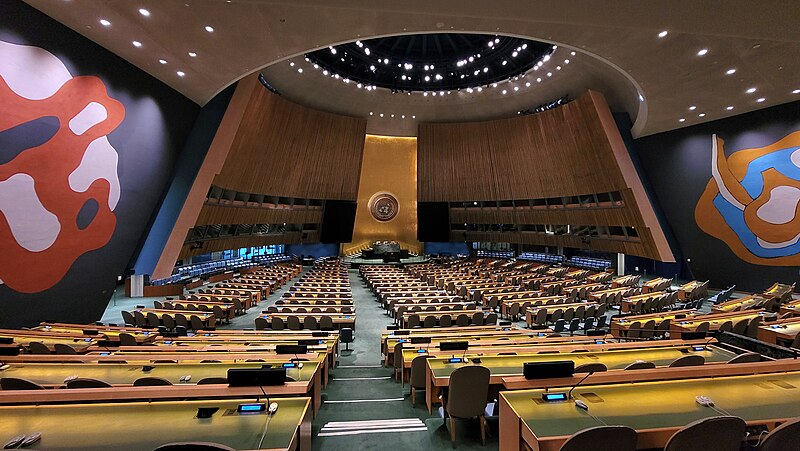
The situations our commentary addresses are driven by political choices. Citizens need to be engaged to affect change. We also need multilateral development, peacekeeping, and security agencies including Nation States to push for the needed reforms to the Security Council and the broader UN Charter. We would like to underscore the importance of strong leadership plus the choices that both international and regional bodies have in being part of the solution/problem. More than ever we now need a strong, transformational leadership that underscores the need for peace and dialogue between nation-states and stresses that global cooperation is the only way to resolve problems. To that end, we must also stop political interference and vested self-interests that create violence, unrest, or meddle with the political economy of countries. The awareness that undue political meddling has led to long-standing disturbances in various regions of the world will be important. The collective decrying of “might makes right” stance is more important than ever (UN General Assembly, 2022) but it must cover all forms of mightiness and interference that cause unrest.
Manasi Kumar, Keith Martin, and Aniruddh Behere
Nairobi, Washington D.C., and Lansing
About the Writer:
Keith Martin
Dr. Martin is a physician who, since September 2012, has served as the founding Executive Director of the Consortium of Universities for Global Health (CUGH). Between 1993-2011, Dr. Martin served as a Member of Parliament in Canada’s House of Commons.
About the Writer:
Aniruddh Behere
Aniruddh P. Behere is an Associate Professor in the Michigan State University College of Human Medicine’s Department of Pediatrics and Human Development
References
International Rescue Committee 2024. https://www.rescue.org/article/top-10-crises-world-cant-ignore-2024
Human Rights Watch. World Report 2024. Our Annual Review Of Human Rights Around The Globe. https://www.hrw.org/world-report/2024 accessed on 21.05.2024
Our World in Data. 2024. Number of recorded natural disaster events, 1900 to 2023 https://ourworldindata.org/grapher/number-of-natural-disaster-events accessed on 21.05.2024
NASA. International Disaster Charter Activations https://eol.jsc.nasa.gov/ESRS/Disasters/ShowIDCTracking.pl accessed on 21.05.2024
Bürgin D, Anagnostopoulos D; Board and Policy Division of ESCAP, Vitiello B, Sukale T, Schmid M, Fegert JM. Impact of war and forced displacement on children’s mental health-multilevel, needs-oriented, and trauma-informed approaches. Eur Child Adolesc Psychiatry. 2022 Mar 14. doi: 10.1007/s00787-022-01974-z. Epub ahead of print. PMID: 35286450.
Homer CSE; Strategic and Technical Advisory Group of Experts on maternal, newborn, child, and adolescent health and nutrition. End humanitarian catastrophe in conflict settings. Lancet. 2024 Jan 6;403(10421):24-25. doi: 10.1016/S0140-6736(23)02695-8. Epub 2023 Dec 7. Erratum in: Lancet. 2024 Feb 3;403(10425):438. PMID: 3807198
Mbenywe, M. 2023. Humanitarian experts report ‘cascading crises’ as climate, health emergencies soar. https://news.mongabay.com/2023/01/humanitarian-experts-report-cascading-crises-as-climate-health-emergencies-soar/
Carpiniello B. The Mental Health Costs of Armed Conflicts-A Review of Systematic Reviews Conducted on Refugees, Asylum-Seekers and People Living in War Zones. Int J Environ Res Public Health. 2023 Feb 6;20(4):2840. doi: 10.3390/ijerph20042840. PMID: 36833537; PMCID: PMC9957523.
Kumar P, Brander L, Kumar M, Cuijpers P. Planetary Health and Mental Health Nexus: Benefit of Environmental Management. Ann Glob Health. 2023 Jul 24;89(1):49. doi: 10.5334/aogh.4079. PMID: 37521755.
Hirschberger G. Collective Trauma and the Social Construction of Meaning. Front Psychol. 2018 Aug 10;9:1441. doi: 10.3389/fpsyg.2018.01441. PMID: 30147669; PMCID: PMC6095989.
Federle, Jonathan and Meier, André and Müller, Gernot J. and Mutschler, Willi and Schularick, Moritz, The Price of War (February 14, 2024). Available at SSRN: https://ssrn.com/abstract=4559293 or http://dx.doi.org/10.2139/ssrn.4559293
https://www.undrr.org/explainer/uncounted-costs-of-disasters-2023 data cited on 20th August 2024
Bryant RA, Schnurr PP, Pedlar D; 5-Eyes Mental Health Research and Innovation Collaboration in military and veteran mental health. Addressing the mental health needs of civilian combatants in Ukraine. Lancet Psychiatry. 2022 Mar 16:S2215-0366(22)00097-9. doi: 10.1016/S2215-0366(22)00097-9. Epub ahead of print. PMID: 35305300.
Spiegel PB, Karadag O, Blanchet K, Undie CC, Mateus A, Horton R. The CHH-Lancet Commission on Health, Conflict, and Forced Displacement: reimagining the humanitarian system. Lancet. 2024 Mar 30;403(10433):1215-1217. doi: 10.1016/S0140-6736(24)00426-4. Epub 2024 Mar 14. PMID: 38493793.
UN General Assembly Plenary 2022 As Russian Federation’s Invasion of Ukraine Creates New Global Era, Member States Must Take Sides, Choose between Peace, Aggression, General Assembly Hears. 1 March 2022. https://www.un.org/press/en/2022/ga12406.doc.ht
About the Writer:
Manasi Kumar
Manasi Kumar lectures at the Department of Psychiatry at the University of Nairobi, Kenya. She works on disparities in health systems in lower and middle income countries with a focus on mental health systems strengthening and maternal, child and adolescent mental health research.


